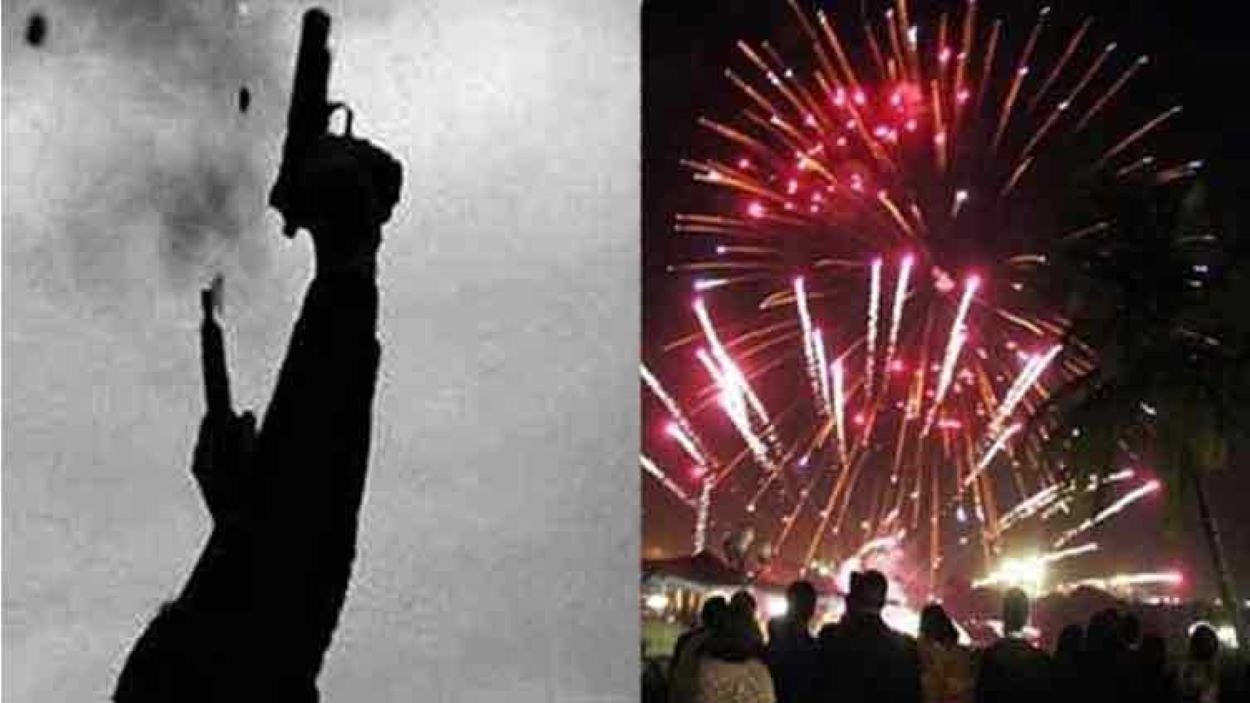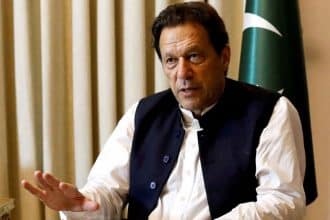On August 14, 2025, Pakistan celebrated its 78th Independence Day in Karachi, but the festivities turned tragic when reckless aerial firing resulted in three fatalities and at least 82 injuries across the city. Specifically, 30 injuries were reported in the East Zone, 43 in the West Zone, and 12 in the South Zone. Tragically, an eight-year-old girl in Azizabad and two elderly men in Korangi and Lyari lost their lives to stray bullets.
The incident resulted in injuries to 51 men, 24 women, six boys, and one girl, underscoring its widespread impact. Sindh Inspector General Ghulam Nabi Memon condemned these actions, stating, “Celebrating does not mean taking someone’s life,” and urged citizens to avoid aerial firing. The police arrested 57 suspects, confiscated 57 firearms, and filed attempted murder charges against them.
Pakistan Independence Day: 3 killed, over 60 injured in aerial firing in Karachihttps://t.co/TuyMpLjBkS
— Khaleej Times (@khaleejtimes) August 14, 2025IG Memon described aerial firing as “irresponsible and harmful,” emphasising the need for safer celebrations. This tragedy overshadowed the nation’s commitment to progress as an Islamic welfare state, which is usually marked by flag-hoisting ceremonies and prayers for prosperity. U.S. Secretary of State Marco Rubio sent greetings, highlighting the global recognition of this day. In response, authorities pledged to implement stricter enforcement measures to prevent similar incidents in the future.
The recent incidents of aerial gunfire highlight a persistent problem in Pakistan, with 95 injuries reported in 2024. This tragedy, which occurred during a time of heightened national pride following the Marka-e-Haq victory, emphasises the urgent need for public safety reforms. It may lead to stronger regulations and awareness campaigns aimed at reducing celebratory gunfire, ultimately protecting communities during national events.
The Karachi tragedy highlights the dangers of aerial firing, overshadowing Independence Day’s joy and calling for urgent safety measures. It impacts public trust and celebration practices.






